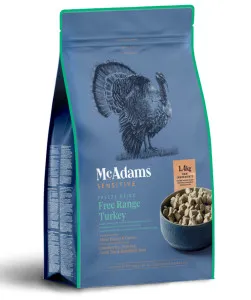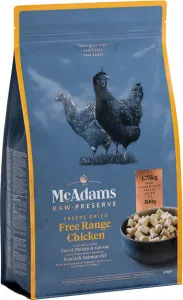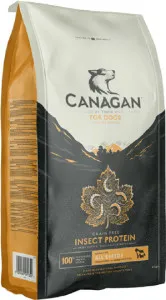Is Cheese Good for Dogs? What Pet Owners Need to Know
Yes, cheese can be safe for dogs in moderation, but not all types are suitable. While many dogs love the taste of cheese, it should only be given as an occasional treat due to its high fat and lactose content. Some cheeses, like cheddar or mozzarella, are safer options, while others, such as blue cheese or heavily processed varieties, should be avoided.
Can Dogs Eat Cheese? The Pros and Cons
Cheese can be a tasty and high-value training treat for dogs, but it’s important to understand both the benefits and risks before sharing it with your pup.
Benefits of Cheese for Dogs
- High in protein: Cheese provides essential amino acids that support muscle health.
- Calcium-rich: Helps maintain strong bones and teeth.
- Useful for training: Many dogs are highly motivated by cheese as a reward.
- Can help with medication: Hiding pills in a small piece of cheese makes it easier to administer.
- Lactose intolerance: Some dogs struggle to digest dairy, leading to upset stomachs.
- High in fat: Too much cheese can contribute to obesity and pancreatitis.
- Salt content: Many cheeses contain high sodium levels, which can be harmful.
- Potential allergies: Dairy allergies may cause itching or digestive issues in some dogs.
- Mozzarella: Low in fat and sodium compared to other cheeses.
- Cottage cheese: A good low-fat option, especially the low-sodium variety.
- Swiss cheese: Naturally low in lactose.
- Goat cheese: Often easier for dogs to digest than cow’s milk cheeses.
- Blue cheese: Contains roquefortine C, which can be toxic to dogs.
- Processed cheese products: Often contain artificial ingredients and high sodium levels.
- Cheeses with added flavors: Garlic, onion, or chive cheeses are dangerous for dogs.
- High-fat cheeses: Brie, cream cheese, and similar varieties can cause digestive upset.
- Small dogs: No more than 1-2 small cubes (about 1/2 inch) per day
- Medium dogs: 2-3 small cubes maximum
- Large dogs: 3-4 small cubes as an occasional treat
- Diarrhea or loose stools
- Excessive gas
- Vomiting
- Itchy skin or ear infections
- Increased thirst (from high sodium content)
- Plain, cooked chicken or turkey
- Small pieces of apple (without seeds)
- Carrot sticks or green beans
- Commercial dog treats formulated for your pet’s needs
Risks of Feeding Cheese to Dogs
What Types of Cheese Are Safe for Dogs?
Not all cheeses are created equal when it comes to canine safety. Here’s a breakdown of the best and worst options:
Safe Cheese Options
Cheeses to Avoid
How Much Cheese Can Dogs Eat?
Portion control is crucial when feeding cheese to your dog. As a general rule:
Remember that cheese should never make up more than 10% of your dog’s daily caloric intake. For a more precise measurement based on your dog’s weight and diet, check out our Pet Food Analyzer tool.
Signs Your Dog Shouldn’t Eat Cheese
Watch for these symptoms after giving your dog cheese, which may indicate intolerance or allergy:
Recommended Products

McAdams Freeze Dried Free Range Turkey is an excellent choice for is cheese good for dogs?. This dog food contains Boneless Free Range Turkey 86.5% and other high-quality ingredients that promote overall health.

McAdams Freeze Dried Free Range Chicken is an excellent choice for is cheese good for dogs?. This dog food contains Boneless Free Range Chicken 86% and other high-quality ingredients that promote overall health.

Canagan Insect is an excellent choice for is cheese good for dogs?. This dog food contains Freshly Prepared Insects (27%)* and other high-quality ingredients that promote overall health.
If you notice any of these signs, stop feeding cheese and consult your veterinarian.
Healthy Alternatives to Cheese for Dogs
If you’re looking for safer treat options, consider these nutritious alternatives:
For a complete guide to balanced canine nutrition, visit our Pet Food Analyzer to compare different food options and find the best diet for your furry friend.
Final Thoughts on Dogs and Cheese
While cheese can be an enjoyable occasional treat for many dogs, it’s important to choose the right types and serve them in moderation. Always introduce new foods slowly and monitor your dog for any adverse reactions. When in doubt, consult with your veterinarian about your dog’s specific dietary needs.
Looking for more personalized advice about your dog’s diet? Our Pet Food Analyzer can help you make informed decisions about all aspects of your pet’s nutrition, from treats to complete meals.
